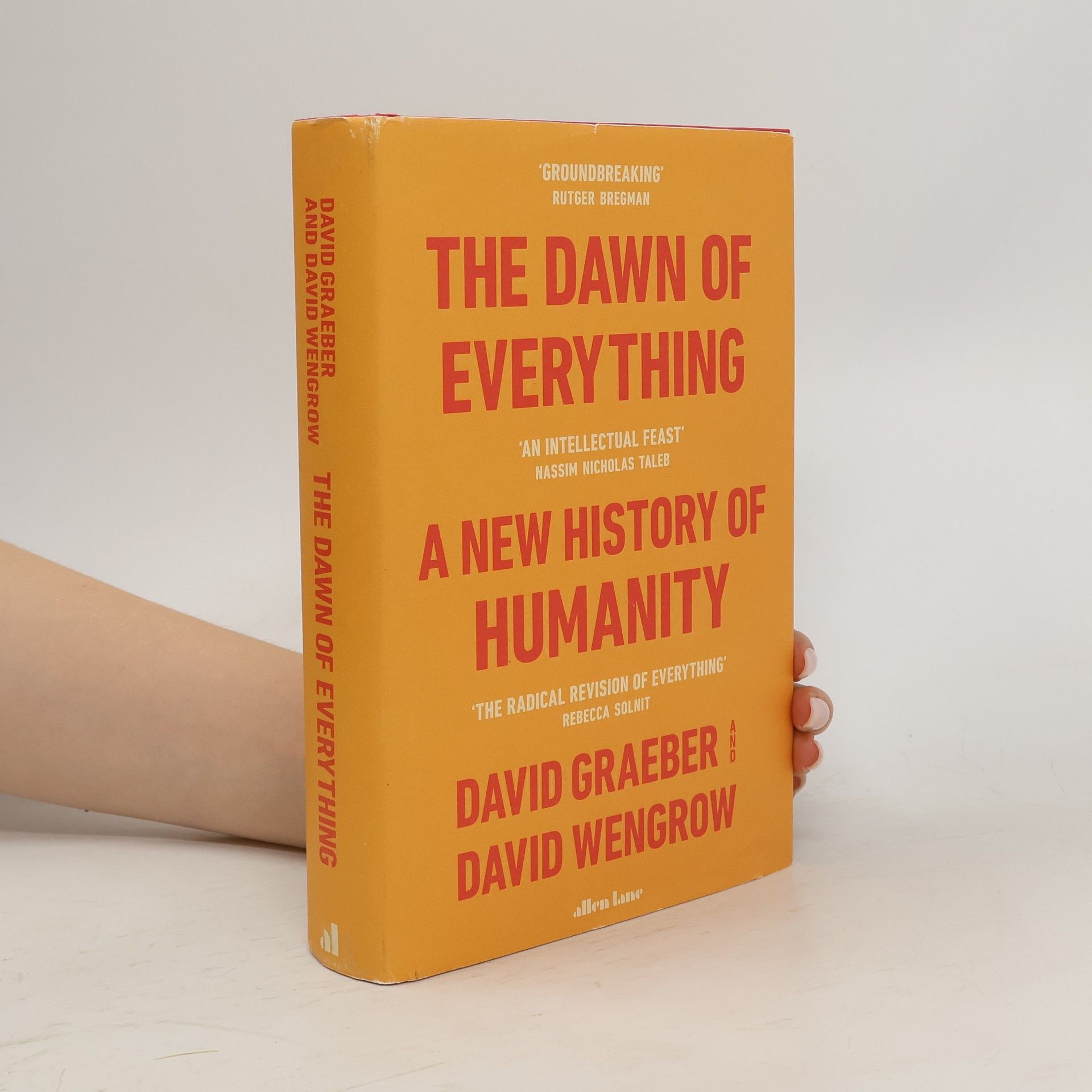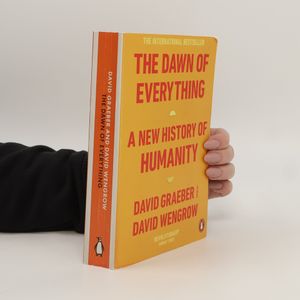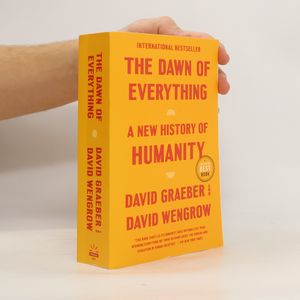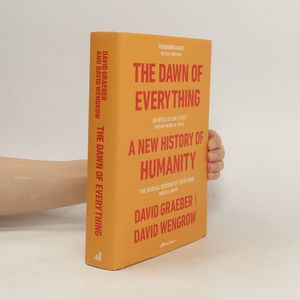En savoir plus sur le livre
For generations, our ancestors have been portrayed as either primitive and childlike or as free and equal, leading to the belief that civilization could only be achieved through sacrificing original freedoms or taming our instincts. The authors reveal how these theories emerged in the eighteenth century as responses to indigenous critiques of European society and argue against their validity. They challenge conventional views of human history, including the origins of farming, property, cities, democracy, slavery, and civilization itself. Utilizing groundbreaking research in archaeology and anthropology, they illustrate how history becomes more intriguing when we recognize what truly exists. If humans did not spend 95 percent of their evolutionary past as hunter-gatherers, what were they engaged in? If agriculture and cities did not lead to hierarchy and domination, what social and economic structures did they foster? The answers are often surprising, suggesting that history is less predetermined and more filled with possibilities than commonly believed. This work fundamentally reshapes our understanding of the human past and encourages the imagination of new forms of freedom and societal organization. It is a monumental exploration driven by curiosity, moral vision, and a belief in the power of direct action.
Achat du livre
The Dawn of Everything. A New History of Humanity, David Graeber, D. Wengrow
- Langue
- Année de publication
- 2021
- product-detail.submit-box.info.binding
- (rigide)
Modes de paiement
Il manque plus que ton avis ici.







